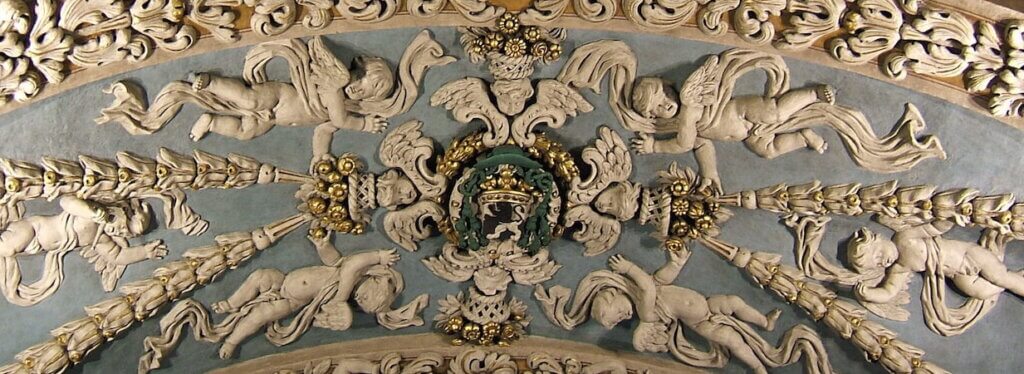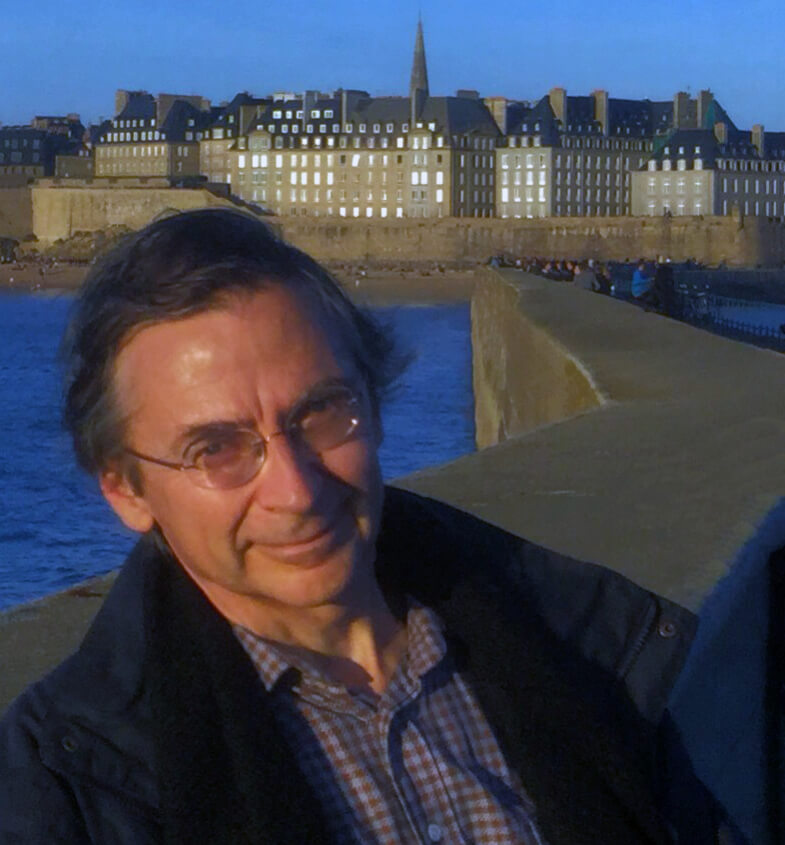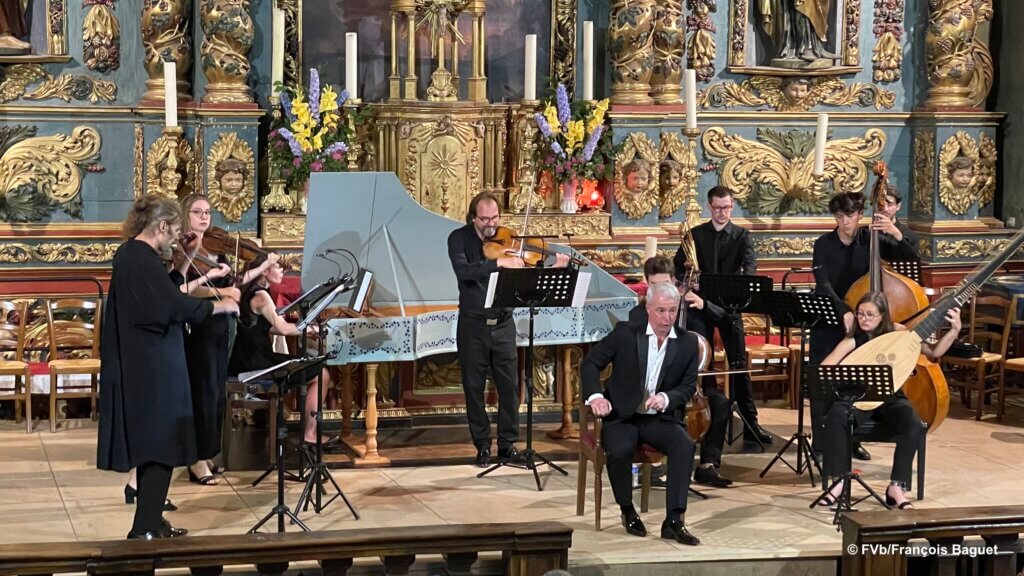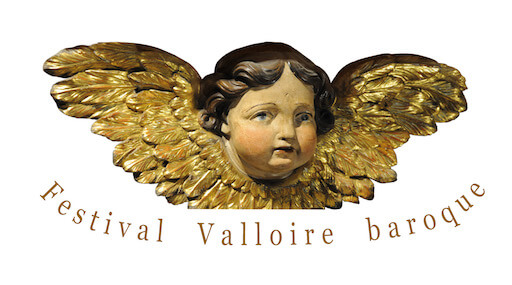The 2024 Festival's Theme

Baroque pastorales
One may wonder what conceptions of the natural world prevailed at the time the church of Valloire was being built. The life of nature is a “completely baroque” movement, all at once contradictory, jubilant or tragic. As an overture of the festival, Domitille Gilon’s ductile violin and her Ensemble Stravaganza will express “all that life”. Likewise, the Orchestre des pays de Savoie conducted by harpsichordist Bruno Procopio will let us hear “all that world” playing and dancing, as perceived by the then young Mozart, Haydn, and Rameau.
In Actéon, the hunting opera by Marc-Antoine Charpentier, Nicolas Achten’s Ensemble Scherzi Musicali will enact the mythology of the interplay between human life and animal life. A foray into lyrical tragedy, this pastorale is also meant as a morality piece teaching humankind a lesson through the symbolic roles of the animals, rather on the light side, though, with Charpentier himself and servants of the Duc de Guise playing the parts. Even lighter, the country farce performed by the ensemble Artifices will let us hear Bach’s Peasants’ Cantata, sung in French to highlight the musicians’ complicity, and interspersed with pastiches and popular airs by one of Bach’s contemporaries. Marco Horvat’s Faenza ensemble will focus its attention on a bestiary based on the poetry of Jean de La Fontaine. Here, each animal resembles one human trait or another! Obviously, nature could hardly be viewed as a subject then, being rather an object of study. However, we will have a lot of fun with the singers!
The festival will end with Charpentier’s Pastorale de Noël by La Chapelle rhénane conducted by Benoît Haller, a music that springs from the encounter of secular shepherds’ songs with the sacred history that lies hidden somewhere on this earth. To follow on with this subject, curiosity will lead us to the two “promenade concerts” given by Les Traversées baroques. This ensemble will sing for us “Tupasy“, Mary, Mother of God but … in South America. Such surprising music for Her who is called upon from everywhere to protect our mother earth!
However, the motherland of the Maurienne also beckons to us. What if Baroque virtuosity became tangible, what if it became an acrobatic dance of bodies? And what if Baroque music could lure the two guest acrobats into a pas de deux? Such is the wilful purpose of the Ensemble Toccata e fuga directed by Mathilde Horcholle, the director of the Établissement d’Enseignement Artistique Maurienne-Galibier, whose presence will honour the festival.

Gaël de Kerret, artistic Director
Gaël de Kerret has roamed Europe for about fifteen years, from one festival or radio station to another, all the while releasing a good twenty recordings of Early music (A Sei Voci, Clemencic Consort) as well as contemporary works (2E2M, TM+, Groupe Vocal de France, Orchestre Philarmonique de Radio-France…). He sings at La Fenice in Venice, at the Musikverein in Vienna, at the Utrecht festival, the Montpellier festival, at Radio-France, at IRCAM, or other prestigious venues, or again within the Union européenne des Radios, with such renowned conductors as Philippe Herreweghe, Jean-Claude Pennetier or Jean-Claude Malgoire. In 1997, he directs the Children’s Choir of the Paris National Opera House for a series of ten concerts and a recording. He is Director of Les Cours Européennes, a Baroque ensemble, and now also, Artistic Director of the Festival Valloire baroque, ever since its creation. A passionate pedagogue, he is Senior Professor and teaches singers on their way to professional careers at the Versailles Conservatoire à Rayonnement Régional.

